My Facebook friend Laura died last night. She was the best friend I never met.
Laura and I came from the same neighborhood, a unique childhood paradise of 20 or so 20-story buildings in one square mile, complete with an elementary school, middle school, high school, shopping center and two nice parks, all within one block of the Atlantic Ocean. Built in the 1960s by Fred Trump, father of the Donald, Trump Village was the first new middle-income, co-operative community built on Brooklyn’s south shore, in between Brighton Beach, later to become New York’s Little Odessa by the sea, and Coney Island, the once glamourous Oceanfront play land. The new community was instantly populated with mostly Jewish, mostly young couples and families, and instant friendships were formed in the lobbies, the classrooms, and the playgrounds between the buildings.
We grew up and never had to leave the area until it was time to go to college.
Laura was the little sister of one of my high school classmates, and like me, an early adopter of Facebook. I first contacted her because of her unusual last name, and indeed, she was the niece of my late mother’s BFF. Being from Trump, knowing the same friends, sharing the same history, was all we needed.
From that time on, we were as friendly with each other as we were with many people we’d actually known. We shared each other’s family events, personal ups and downs and anything else that became news in our fast-growing, super active Facebook group. I knew that she started a weight-loss program when her daughter got engaged, but I didn’t know that the lumps she found as her body thinned down were not hipbones, as most newly thin people discover, but the kind of lumps that kill.
We all see pictures and hear of requests for prayers from Facebook acquaintances, usually for a family member or a pet, and occasionally for the Facebook denizen herself. Either the person recovers or their loved one dies and we all send comforting messages. Occasionally Laura would check in on Facebook from a cancer treatment center, which she would visit with her husband Lew. Lew and I once went on a date, a long long time ago, but he already had someone he loved, so I never stood a chance. Lew and Laura married when they were practically kids themselves, and there was never anyone else for either of them.
Occasionally Laura made a comment about her treatment, usually something brief like “cancer sucks.” She never complained, and no one spoke much about what she was going through. Until about three weeks ago, when Laura woke up one morning and turned to Facebook to let her world know that her husband, her Lew, her foundation, her rock, had died suddenly during the night.
It happened the night that they suggested that Laura move to palliative care. Comfort care. Of her three grown children, two still lived home. Without Lew’s physical, financial and emotional support, the fragile family collapsed.
Now, a request went out on Facebook for money to help the family cope. Within a few days, the Facebook Friends, and Friends of Friends, and probably a helpful angel or two, surpassed the family’s stated goal and contributed more than $20,000 to help Laura and her family through their last days together.
And that’s when the miracle kicked in. All over our Facebook world, pictures started appearing: cover photos showing Laura healthy, happy and young. A new mother, a happy housewife, a beautiful young couple fully expecting to grow old together. A friend, a confidant, a sister. Then the tributes started. As Laura slept in a hospice bed, all her friends, from all different parts of her life, began posting pictures and stories of the fun they’d had together, the things they shared, the memories they’d made. And her children, still coping with the sudden loss of their father, sat at her side, fed her ice chips and read her all the notes. She’d fall back asleep smiling, said the kids. The words, the pictures, the memories and the love really made a difference. When her body finally gave up one recent night, I choose to believe that she felt the love.
This is life and death in the internet age. Instant notice of a birth or a departure. A forum for a call to action. Or, like for Laura, my best friend whom I never met, a chance to share, acknowledge and support people until the very end.
As we approach a certain age, we start to see the scales tip from most of the people we love being alive, to most of the people we loved being gone. But the fear of being alone when we’re old, of being alone when we die, has, at least for me, dissipated. The truth is that, these days, loss of privacy aside, no one ever has to be alone. Thank you, Laura, the best friend I never met, for letting me be a part of your passing. I’m sorry we never met in this life, but in your leaving, you’ve given me peace. You did not suffer alone. And neither must I.

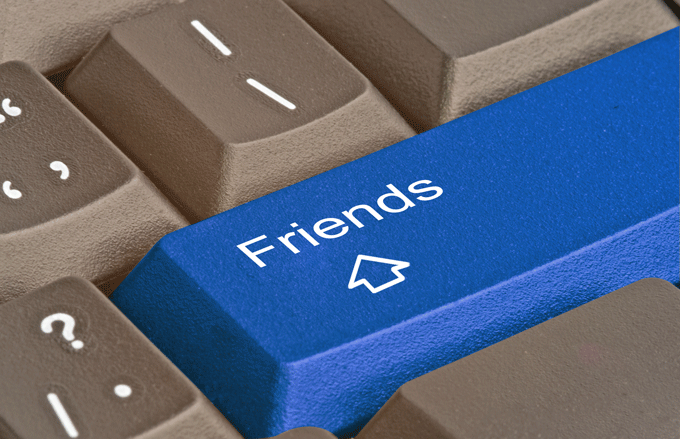
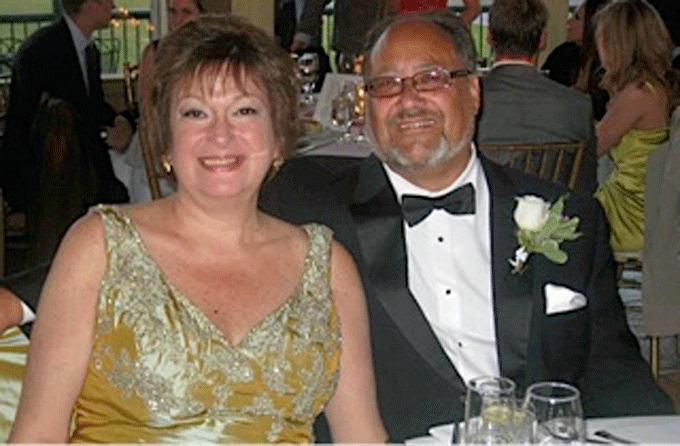
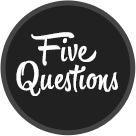

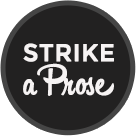
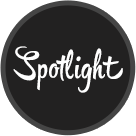






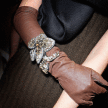


2014/05/20 at 1:30 am
Thank you for sharing that – even though it made me cry! :)
2014/05/20 at 3:25 am
Thank you so much for such a beautiful memorial. I have read the most wonderful things about this couple, way too young to leave this world. My brother knew her and spoke with her on the phone after reconnecting at Manhattan Beach reunions. I wish I had met with her there also. I’m so glad their lives were filled with all the love they deserved. Their spirit is filled with that love and always will be.
2014/05/20 at 11:16 am
What a beautiful sentiment….Thank you for sharing….
2014/05/20 at 3:35 pm
Wow Robin, that is so beautiful and so true! RIP Laura and Lew……….<3
2014/05/20 at 10:13 pm
Beautiful tribute to Laura. I also never met her,but knew her thru Facebook.
2014/05/30 at 2:18 pm
Omg…thank you for sharing made me cry…this was beautiful…mom would love this…i know she cherished friends that shes never met as well